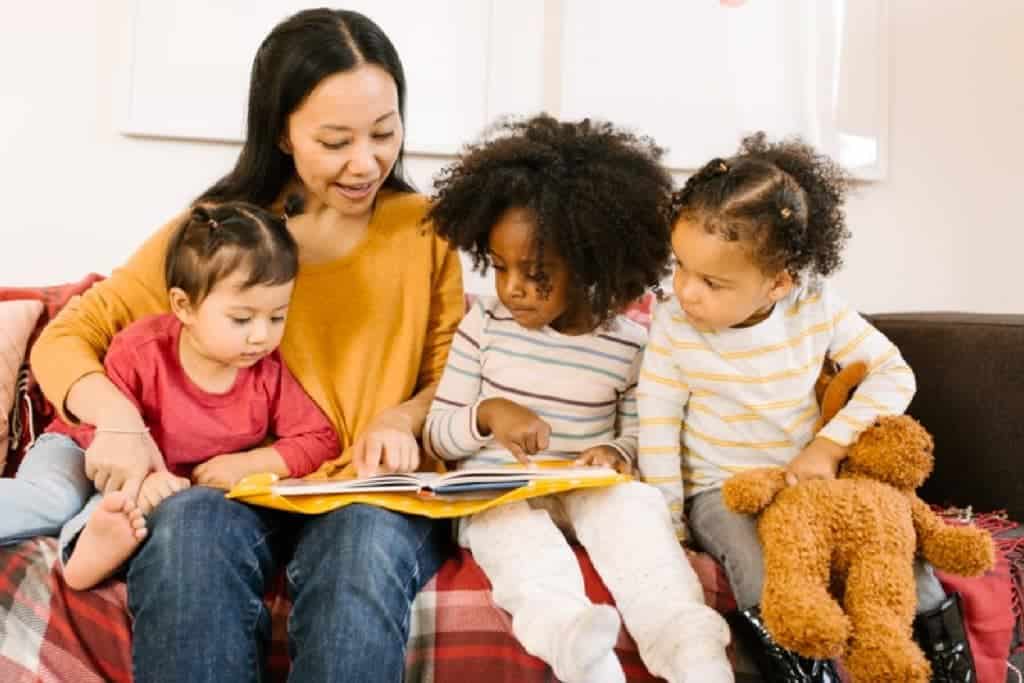Navigating the Emotional Turmoil: Understanding the Impact of Separation and Divorce
Understanding the Emotional Impact of Separation and Divorce: Exploring the emotional stages, common emotions, impact on children, coping strategies, and the role of therapy in navigating the challenges and rebuilding relationships.

Understanding the Emotional Stages of Separation and Divorce
Separation and divorce can initiate a profound emotional journey, often characterized by stages similar to the well-known phases of grief: shock, denial, anger, bargaining, depression, and acceptance. Initially, the shock of the decision can be overwhelming, leaving individuals in a state of disbelief or denial.
As reality sets in, feelings of anger may surface, often leading to attempts at bargaining to save the relationship.
When these attempts are unfruitful, depression may ensue, followed eventually by acceptance and the potential for personal growth.
This emotional turmoil can significantly impact mental health and well-being, leading to conditions such as anxiety and depression.
For example, a person in the denial stage may experience insomnia or loss of appetite, while someone in the anger phase may develop high blood pressure or other stress-related conditions.
It’s important to recognise these potential health impacts and seek professional help if needed.
Common Emotions Experienced During Separation and Divorce
During separation and divorce, a myriad of emotions can be experienced, including fear, abandonment, anger, worry, loneliness, and insecurity.
These feelings can become overwhelming, leading to more severe emotional states such as anxiety, depression, and rage.
For instance, a person might feel intense fear about their future, worrying about finances, living arrangements, and their ability to cope alone.
This fear can often lead to feelings of abandonment or anger at their partner for causing the situation.
Over time, these emotions can lead to a state of constant worry, deep loneliness, and insecurity about their worth and ability to be loved again.

Emotional Impact of Separation and Divorce on Children
The emotional impact of separation and divorce on children can also be profound, inducing feelings of loss, confusion, and insecurity.
These feelings can manifest in various ways, such as a lack of concentration, absence from school, eating and sleeping disturbances, clingy behaviour, strained relationships with friends, and complaints of illness.
For instance, children may feel a deep sense of loss and confusion, struggling to understand why their parents are no longer together.
This confusion can lead to feelings of insecurity, worrying if they somehow caused the separation.
It’s crucial to reassure children that the divorce is not their fault and they should not be used as pawns in the separation.
Coping Strategies for Dealing with the Emotional Impact
Coping with the emotional impact of separation and divorce can be challenging, but there are strategies that can help.
These include choosing a resolution lawyer, taking time to process emotions, and seeking support from friends, family, or professional counsellors.
Maintaining mental health during this time is also crucial. Joining support groups, exercising regularly, and speaking to a counsellor can all aid in dealing with the emotional turmoil of a divorce.
It’s also important to accept that it’s okay to feel different during this time and give oneself permission to feel and function at a less than optimal level.

The Role of Therapy and Support During Separation and Divorce
Seeking help from a counsellor, coach, or hypnotherapist can bring about positive change, personal growth, and help develop skills like assertiveness and managing emotions.
For instance, a counsellor can provide strategies to manage anger or loneliness, while a coach can help an individual plan for their future and regain a sense of control.
Couples therapy can also play a significant role in navigating separation and divorce. It can help work through issues that may have contributed to the relationship breakdown, such as communication problems, habits, trust issues, and emotional walls.
Rebuilding Relationships Through Couples Therapy
Couples therapy can be fundamental in rebuilding relationships after separation and divorce. It can help individuals navigate the emotional challenges of separation, rebuild trust, and improve communication.
For example, a couple might learn new communication techniques that allow them to have more productive conversations about their children or finances.
Engaging in couples therapy can lead to positive outcomes and benefits during separation and divorce.
It can provide a safe space to express feelings, develop better understanding, and promote healing.
Ultimately, therapy can provide the tools needed to navigate this challenging life transition and pave the way for a more positive future.
